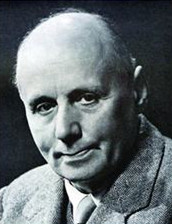Africa Week 2024: Celebrating Diversity and Unity
Issue date:2024-11-18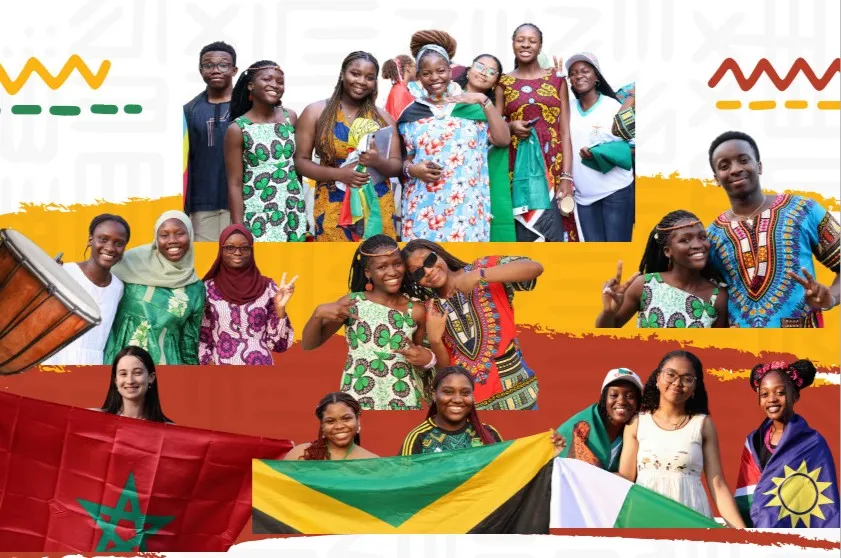
From October 29 to November 1, UWC Changshu China (CSC) hosted Africa Week 2024, a student-led celebration that invited the entire community to explore, discover, and appreciate the rich history, vibrant cultures, and dynamic identities of Africa and its Diaspora.
Africa Week was not just a cultural showcase; it was also an inclusive space for meaningful exchange—where perspectives were shared, assumptions were challenged, and new connections were made.

CSC is home to 629 students from 94 countries and regions, spanning five continents. As part of its commitment to fostering intercultural understanding, CSC re-launched its Continental Weeks.
These themed cultural weeks are designed to celebrate cultural diversity, offering students a platform to learn from one another, build deeper cross-cultural relationships, and foster a sense of unity and collaboration across continents.
This Africa week included keynote speeches, interactive workshops, an African food market, Trivia Night, Movie Night, and culminating in Africa Night—an enriching cultural experience of the rhythms, roots, and sounds that define the essence of the cultures of Africa.

The opening assembly set the tone for the week. CSC's Principal, Simon Head donned a traditional African outfit and emphasized the founding principles of UWC, which focus on deliberate diversity and providing a space for learning about different cultures.
He highlighted that Africa Week offered an opportunity for African students to share their heritage and for others to learn about Africa's history and culture. He also shared personal experiences from Africa, focusing on three key ideas: warmth, vibrancy, and diversity.
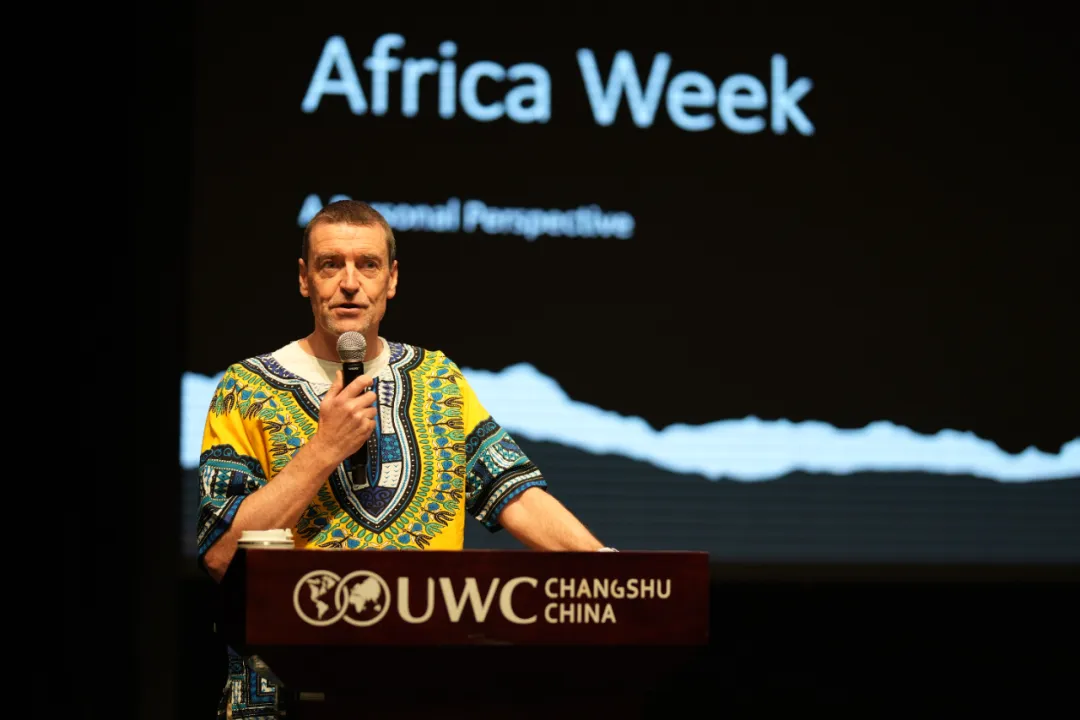
Radha Pillay, Director of Education at UWC International in London and originally from South Africa, delivered a speech titled "Pioneering the 21st Century: The Future of Africa and UWC's Role in It."
She emphasized the promise and potential of Africa, highlighting its youthful and innovative population that is driving global solutions. Despite challenges like economic disparities and political instability, Africa remains a hub of creativity and resilience.
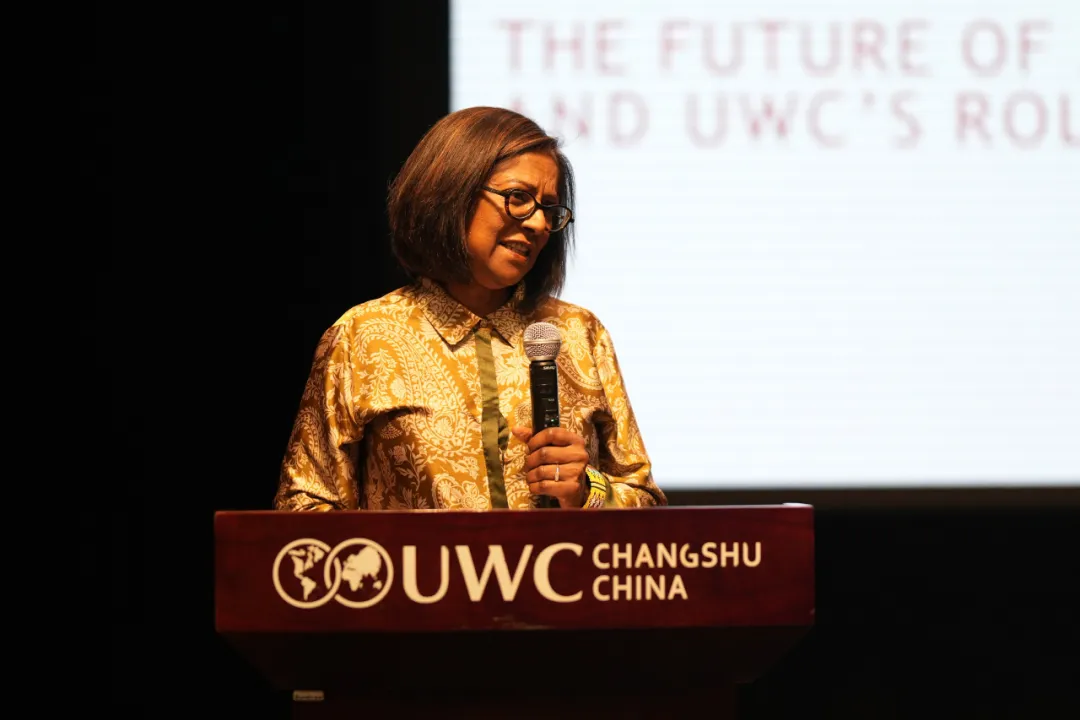
"At UWC, education transcends traditional learning. It's about engaging with real-world issues, fostering empathy and compassion, and nurturing a sense of responsibility towards the global community," Radha stated.
She introduced David Sengeh, a UWC alumnus from Sierra Leone who graduated from UWC Red Cross Nordic in 2006. Driven by his childhood experiences during the civil war in Sierra Leone, David designed more comfortable and affordable prosthetic sockets at MIT, benefiting amputees globally.
Currently, he serves as Sierra Leone’s Chief Minister and Chief Innovation Officer, advising the President and Vice President of Sierra Leone. As the former Minister of Education, he significantly contributed to the education reform. (Read more: 大卫·森格是如何利用假肢和数据科学来帮助塞拉利昂的?| 盖茨笔记)
Radha concluded with a call to action, urging global collaboration to overcome challenges and support Africa's growth.
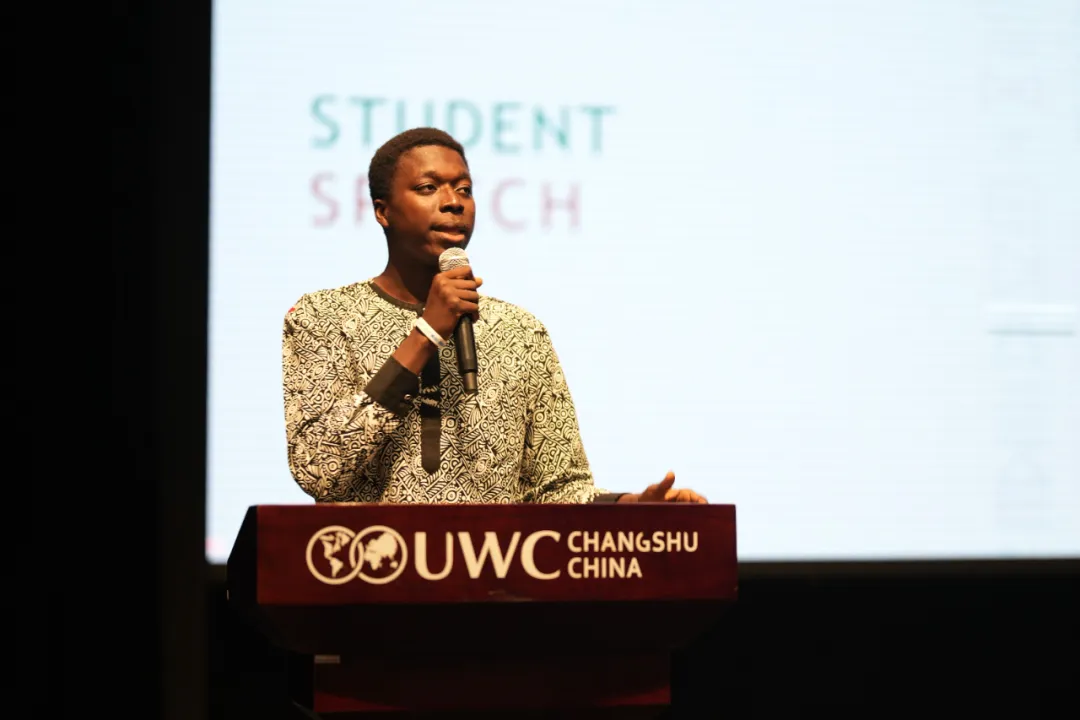
A DP2 student Abdoul Nasser shared his journey from Niger to UWC, recounting the many challenges he faced, including growing up with divorced parents and changing religions. Reflecting on the diverse cultures in Africa, particularly Niger, Nasser highlighted the community's resilience despite hardships. He emphasized the importance of accepting and learning from each other's differences and working together to overcome challenges.
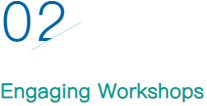
More than 10 vibrant workshops covering different topics were held during Africa Week.
Fireside Chat
Fanele Mashwama and Radha Pillay had an in-depth discussion with community members.
Fanele, a Waterford UWC alumnus studying for a PhD in Financial Economics at Harvard University, joined the chat online and discussed Africa's emerging economic status over the next 3-5 decades. He focused on three key global forces—decarbonization, deglobalization, and advances in AI and cloud services—and their impact on Africa's energy, commodities, and debt. He also highlighted China's growing influence on Africa.
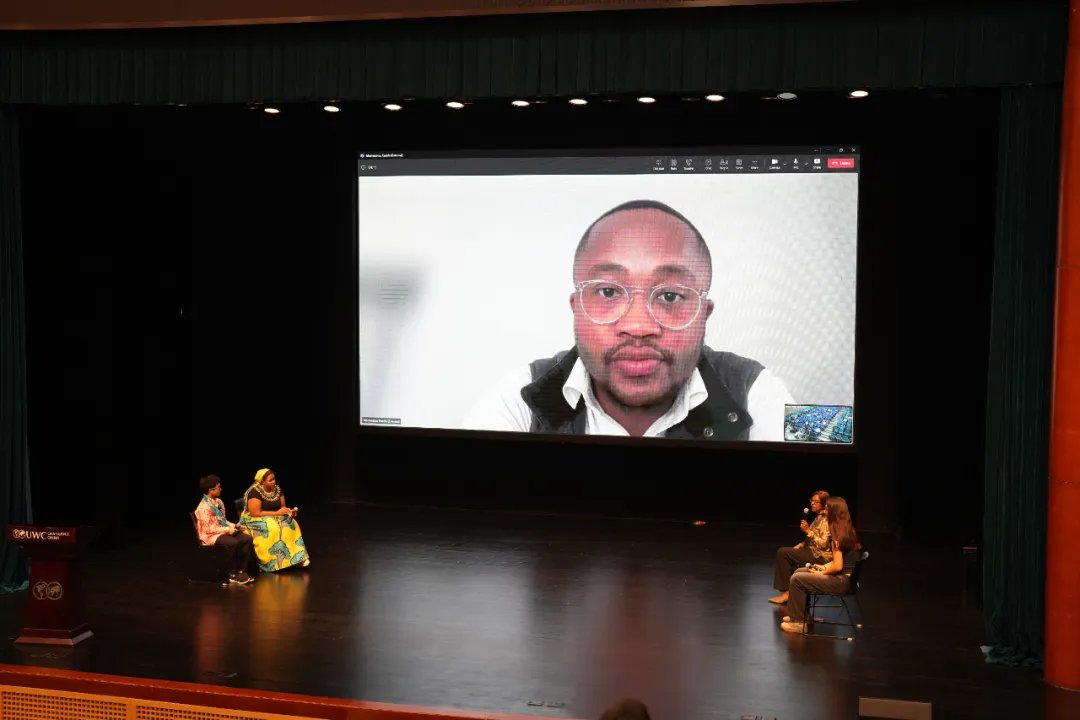
Radha addressed critical issues such as "brain drain" and unity and diversity, offering a nuanced perspective on how these factors affect Africa's development in the 21st century. Her insights emphasized both the challenges and the opportunities that educational initiatives can bring to the continent.
Thando, a DP2 student from South Africa, also shared her personal experience as a guest speaker, amplifying student voices in the open discussion.
Faiz, a DP1 student from Indonesia who served as the moderator of the event, said:
These valuable insights allowed me to see the development of Africa from a diverse perspective, not only in understanding the political intricacies and economic perspectives but also in connecting the UWC presence in the international space, especially with the continent of Africa—where topics, experiences, and conversations were exchanged.
An Online Webinar with Bertha
Originally from Namibia, Bertha Tobias graduated from CSC in 2020 and was awarded a Rhodes Scholarship in 2023, becoming the first Rhodes Scholar at CSC and the fourth Rhodes Scholar in Namibian history. (Read more: A Namibian Girl's Journey from a UWCer to a Rhodes Scholar)
She is currently pursuing two Master's degrees at Oxford: one in Sustainability, Enterprise, and the Environment, and another in Water Science, Policy, and Management. Her interest in water science is driven by Namibia's water scarcity challenges. Bertha shared her views on international relations and her life journey.
Cliona, a DP1 student from Ireland, said:
Bertha spoke on her experience studying at CSC and offered numerous insights for us to take away, such as the importance of studying languages and seizing every opportunity we have while at CSC. She also emphasized the significance of immersing ourselves in the culture. She was truly an inspiring individual to engage with.
A Taste of Carnival
The Taste of Carnival workshop aimed to introduce CSC students to Caribbean Carnival, specifically in Trinidad and Tobago. Participants created carnival pieces using basic materials such as feathers, visors, and gems.
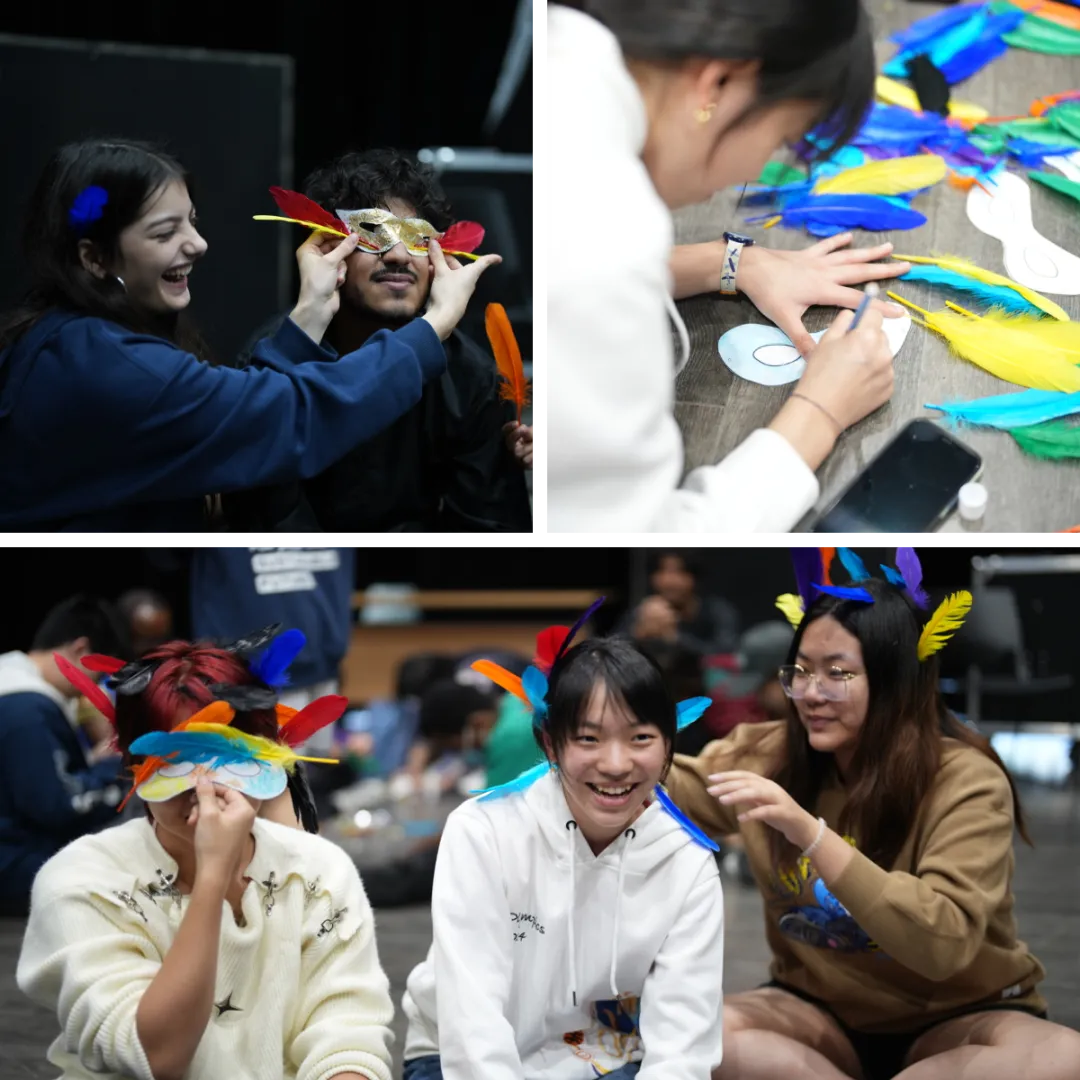
DP1 student Kristin, one of only three West Indies students currently at CSC, said:
I felt it was important to highlight our culture in some way, and Africa Week was the perfect opportunity to do so. The workshop began with a brief presentation that educated attendees on what Carnival is, its origins, and how it is celebrated in modern times.
Other workshops also took place including Afrobeat Dance, The Invisibility of Women in African History and the Masculinity of Power, How to Approach Service Learning in Rural Communities, African Language Table, Africa's Renaissance Panel Discussion, and a discussion on African methods of sustainability.

The student-curated Africa Night was a vibrant celebration of African culture. Eighteen unique performances by nearly 100 community members from over 38 countries showcased the diversity of African culture through dance, song, spoken word, fashion, and other forms of artistic expression.
The evening also included a brief history of Africa presented through slam poetry and an informative skit, exploring different periods.


Cherie, a DP2 student from Tanzania, was the coordinator for Africa Night. She said:
Africa Night was designed to bring Africa to CSC. The Africa Night team aimed to immerse the audience in a night filled with African rhythms, vibes, and history.
It was important for us to provide CSC with a glimpse of how different each part of Africa is. That's why we had regional dances such as West African, East African, South African, and Diaspora dance, which gave clear distinctions.
On top of that, inclusivity was a huge part of Africa Night, we made sure to represent most African cultures throughout the performances.

Africa Week was the result of months of hard work by a dedicated team of 12 core members, each with a specific role—ranging from logistics manager and media/marketing executive to finance manager, food market coordinator, and Africa Night coordinator. Other key roles included opening assembly coordinator, workshop executive, panel discussion coordinator, entertainment coordinator, creative director, and hospitality manager.
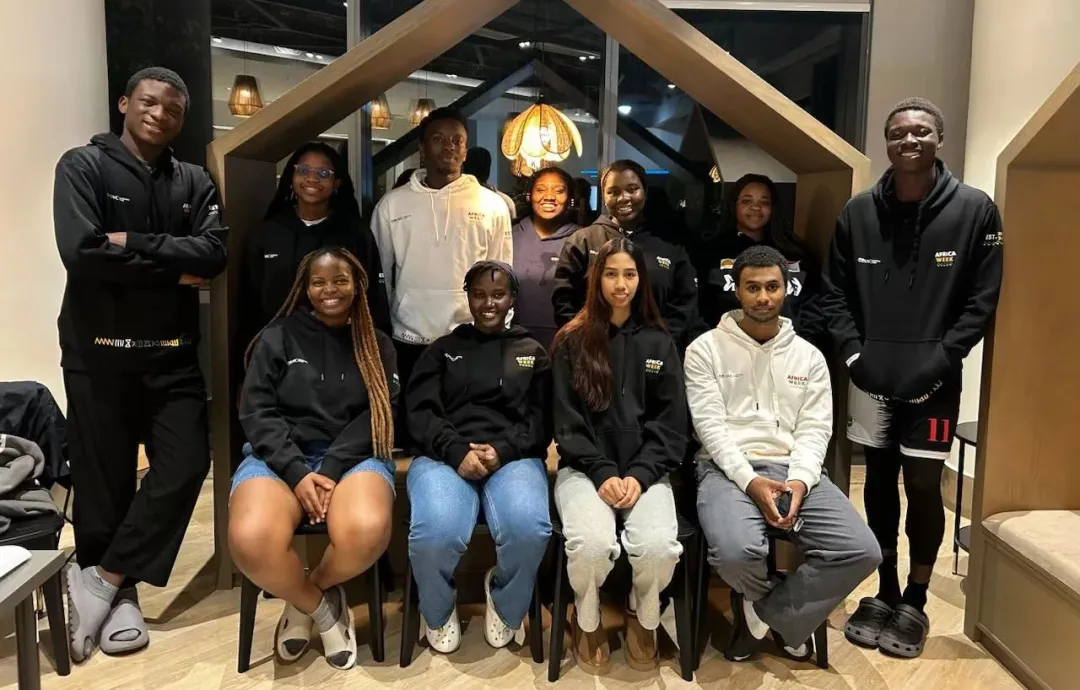
The team had been working closely since the previous academic year, staying connected through online meetings over the summer break. They brainstormed ideas, carefully planned activities, and reached out to external guests to contribute to the event.
Polycarp, the Head of Respectful Community and one of the supervisors of Continental Weeks, provided guidance to the team and witnessed them turn their ideas into actions. He said:

The event offered students invaluable experience in organization, planning, and cultural understanding, closely reflecting UWC's core values.
Through collaborative efforts, they put together a memorable event while navigating unforeseen challenges with creative solutions.

-End-








